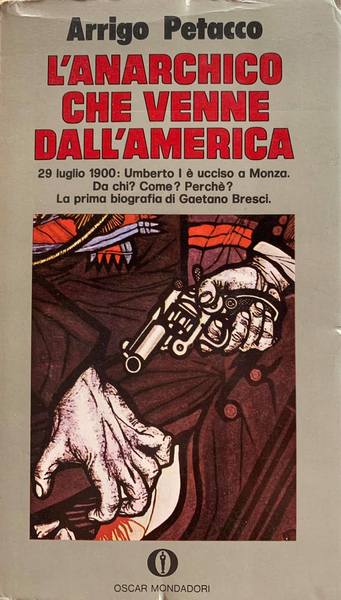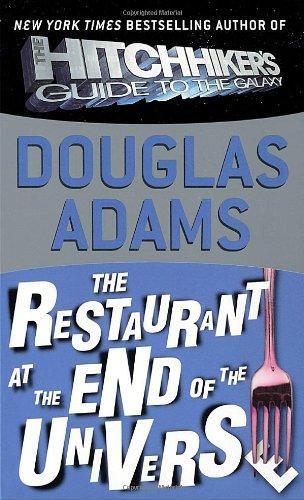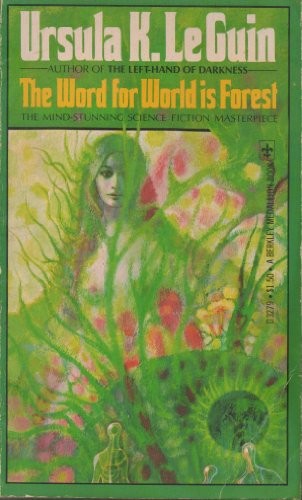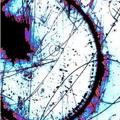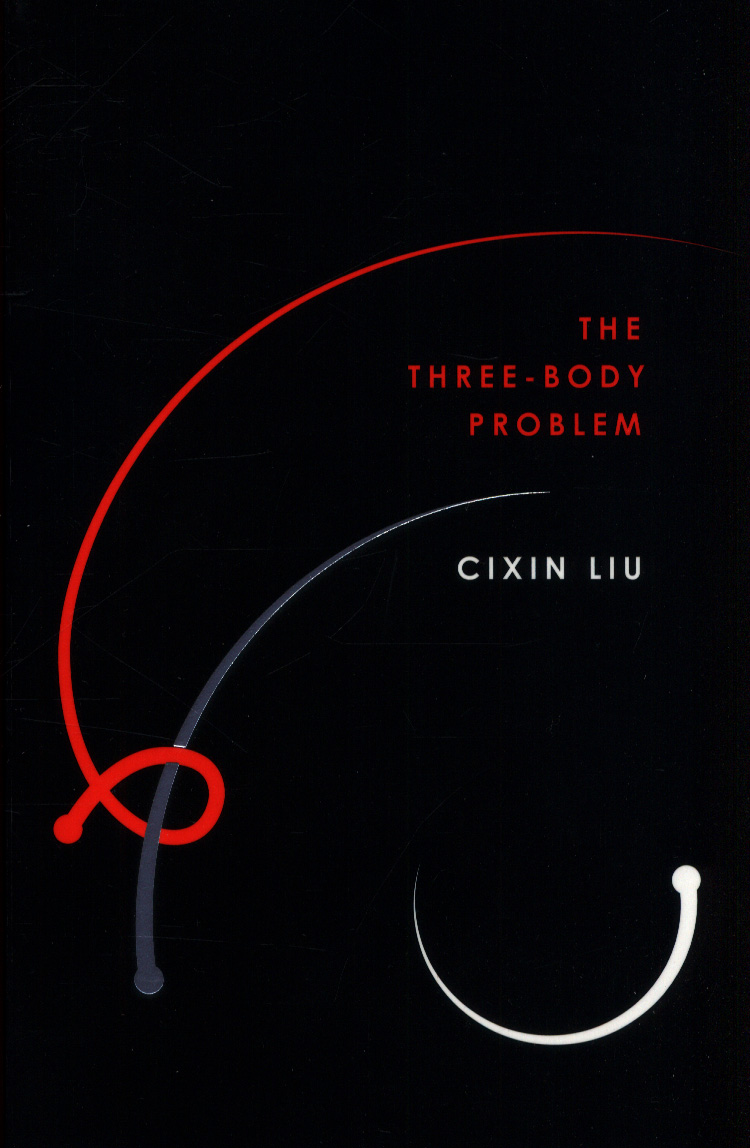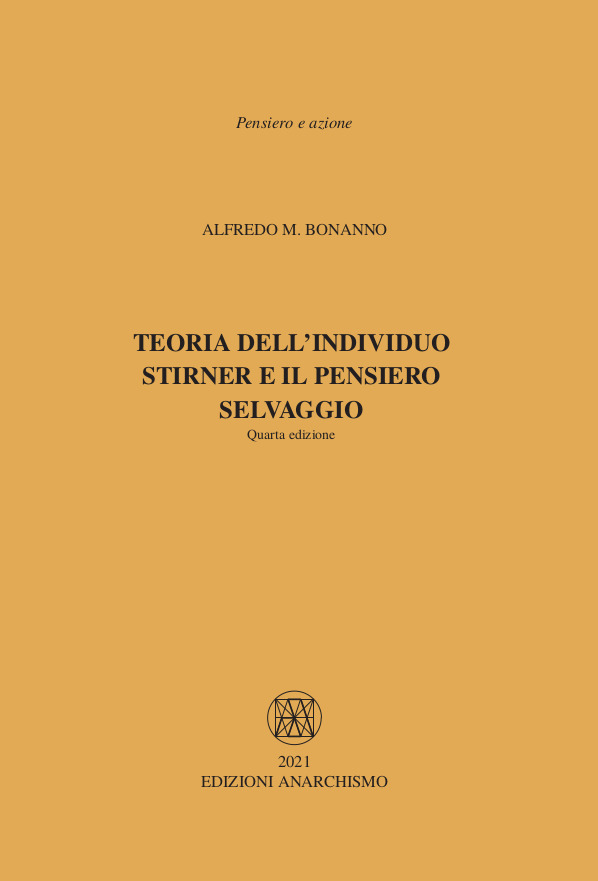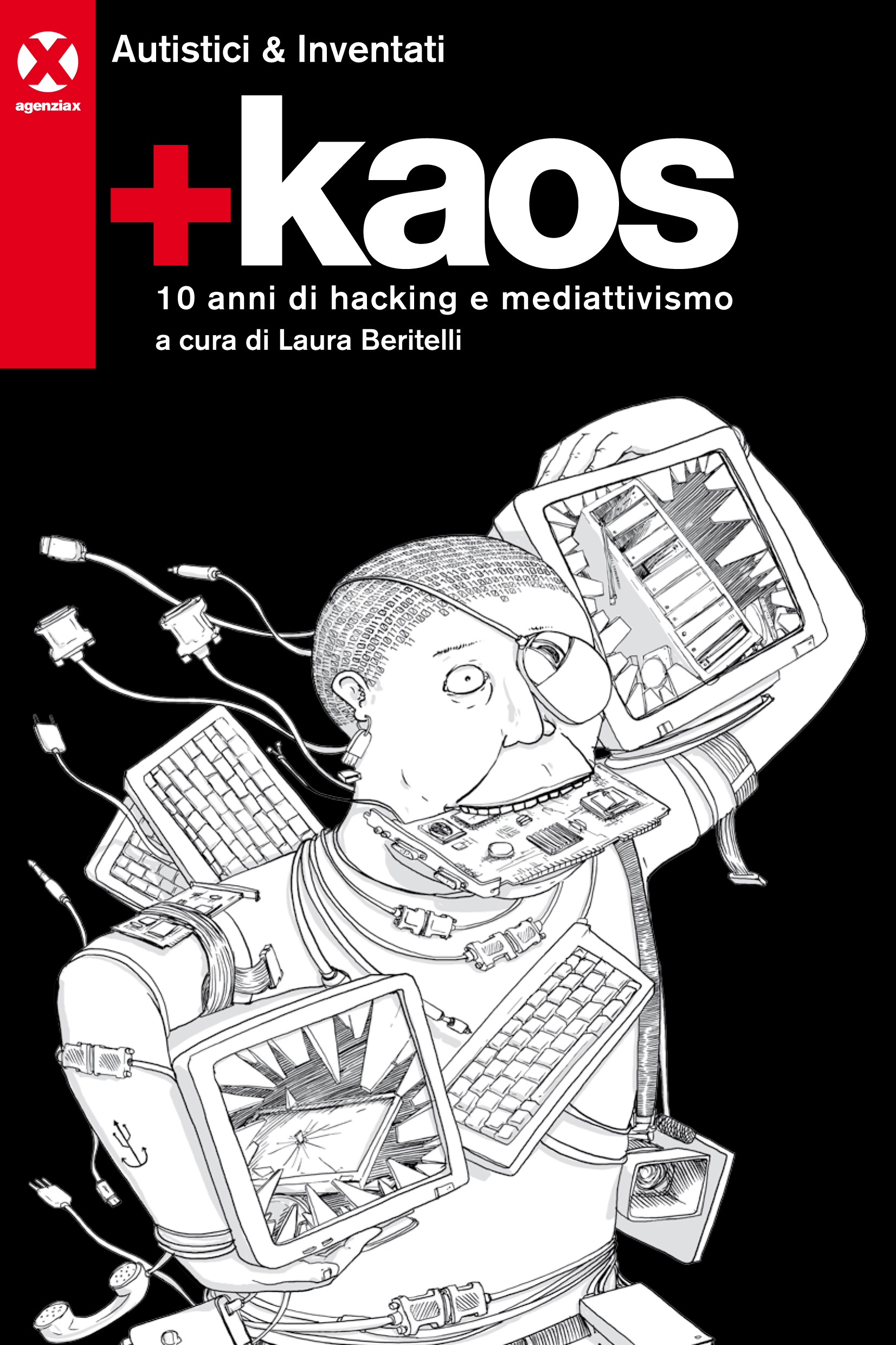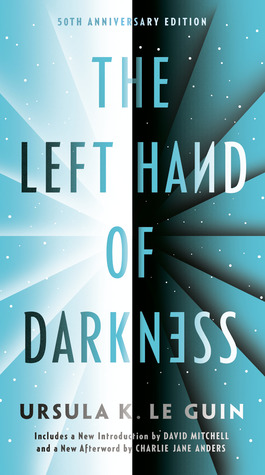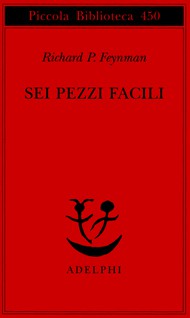Il pensiero critico non è molto ma è di già un’inquietudine, ancora senza sbocchi, chiusa all’interno di una continua esteriorizzazione. Trascinato dal movimento del senso, il pensiero critico non è sufficientemente libero, lavora a migliorare l’insieme dove si trova e non si pone problemi di distruzione o di apertura. Per fare sviluppare l’inquietudine deve diventare critica aperta e negativa. Ora, qualcosa diventa negativo solo quando comincia a conoscere i propri limiti, in caso contrario resterà eternamente nell’àmbito della positività costruttrice della struttura. La lotta non è veramente tale fin quando non individua l’avversario, le ragioni dell’avversario, e fin quando non smonta queste ragioni. Solo allora può abolire l’avversario, non prima, quando, non conoscendolo e non conoscendone le ragioni, la critica si limitava a trovare giustificazioni per fare andare meglio le cose. Il cambio di classificazione non è lotta, anche se può essere considerato critica positiva.
L’atto trasformativo, che alcuni chiamano creativo, è quando la classificazione si abolisce per ritrovare tracce indicative di differenze, non per far morire la realtà sotto un appiattimento privo di sfumature.
